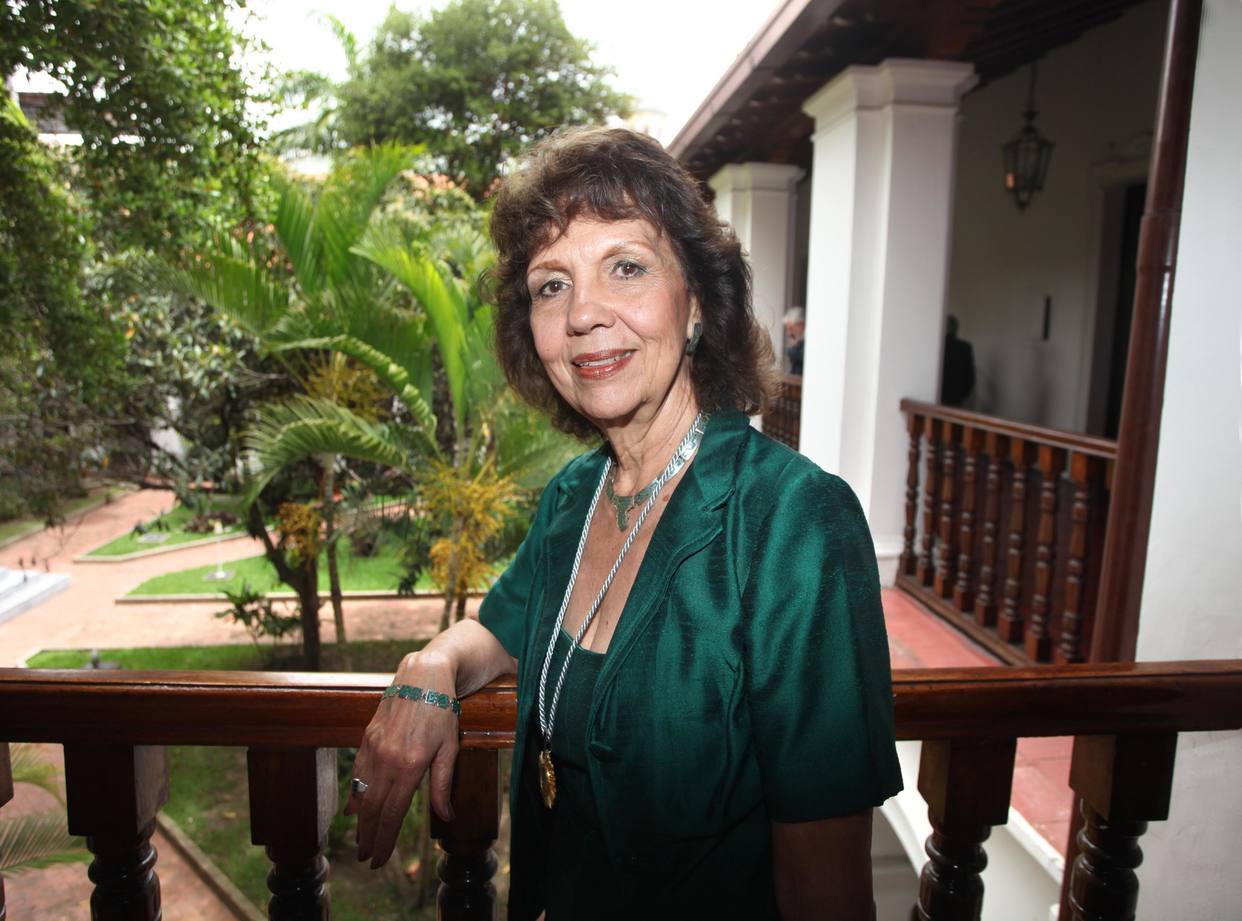Aula Abierta, a Venezuelan academic freedom NGO, had the opportunity to participate in a global consultation with the Rapporteur of the United Nations Organization for freedom of association and assembly, Clement Voule, who with the support of the NGO CIVICUS opened this space to obtain valuable information for the purpose of making its general report on the situation of freedom of association and assembly. This consultation had a very particular approach, because the rapporteur demonstrated the relationship and the need to have an adequate space for the exercise of freedom of association and assembly in order to achieve the United Nations Sustainable Development Goals. These goals have been established by The United Nations a long time ago and they are expected to be met by the year 2030.
Democracy, good governance, respect for human rights and the rule of law are the pillars on which the rights to freedom of association and peaceful assembly are built on, the accomplishment of these rights may flourish into achieving sustainable development. The rapporteur expressed that the existence of these rights guarantee that people have a voice and are able to collectively organize towards shared interests.
In this sense, the Research Coordinator and International Advocacy of Aula Abierta, Ricardo Villalobos took advantage of this space to denounce the different attacks and retaliations against professors and university students, leaders of associations, such as student movements, associations of university professors and even The Federation of Associations of University Professors of Venezuela, which also has been attacked and persecuted for its work as defender of Human rights in university spaces; specially denouncing the serious crisis that pervades the Venezuelan higher education system.
In this meeting with the Rapporteur, Aula Abierta was able to denounce the different patterns that from the Latin American Observatory of University Rights have been able to document in relation of freedom of association and peaceful assembly, for example the criminalization of protest against university students, not only in Venezuela, where more than 350 university students have been detained but also in the rest of the continent, countries such as Bolivia, Colombia, Nicaragua, and Venezuela have left a balance in the entire region of at least 450 university students detained from 2017 to 2019.
On the other hand, Villalobos denounced another pattern of violation of the freedom of association and peaceful assembly, as have been the decisions of the Venezuelan Judicial Branch which from its Constitutional Court has dictated that the Venezuelan Civil Society is obliged to request an authorization to the first civil authority in the locality where a demonstration is held, a ruling that in its essence, conditions the exercise of a human right.
Similarly, other practices of violation of the judicial authority were reported, as well as intervention in the electoral processes of University Government and Co-Government. An emblematic case is that of Marlon Díaz, who on November 14, 2018 who through an electoral process won the right to become the President of the Federation of University Centers and was recognized by the University Council of the University of Carabobo, just a few days after the Electoral Court of the Supreme Court of Justice in an unconstitutional manner issued a ruling where they ignored Marlon Díaz as President of the Federation of University Centers and his opponent Jessica Bello was declared winner, Bello was the candidate supported by the ruling political party of Venezuela.
The Rapporteur, Clement Voule, expresses his concern about the growing trend of restrictions and attacks against civil society, he believes it might have a negative impact on the ability of the country to achieve the objectives set by U.N. Sustainable Development Goals. Every day, the environment and conditions in which civil society normally operates are limited or completely closed. Since 2012, 72 countries have adopted or adopted legal and regulatory measures that limit the work of civil society. Extralegal measures have also increased, including physical attacks and stigmatization campaigns against human rights defenders and activists.
In this sense, Aula Abierta is engaged in documenting and denouncing these violations against the freedom of association and peaceful assembly, rights that are compromised by a series of systematic practices directed by the governments. There is an urgent need to continue monitoring these situations in Latin America as today more than ever, Universities are in constant besiege.
Aula Abierta’s missions is to promote university initiatives (students, professors and researchers) in favor of democracy and human rights, especially academic freedom, university autonomy, the right to education and freedom of expression and information, through the investigation of actions, dissemination, documentation, promotion, promotion, protection and defense. from the human rights.




